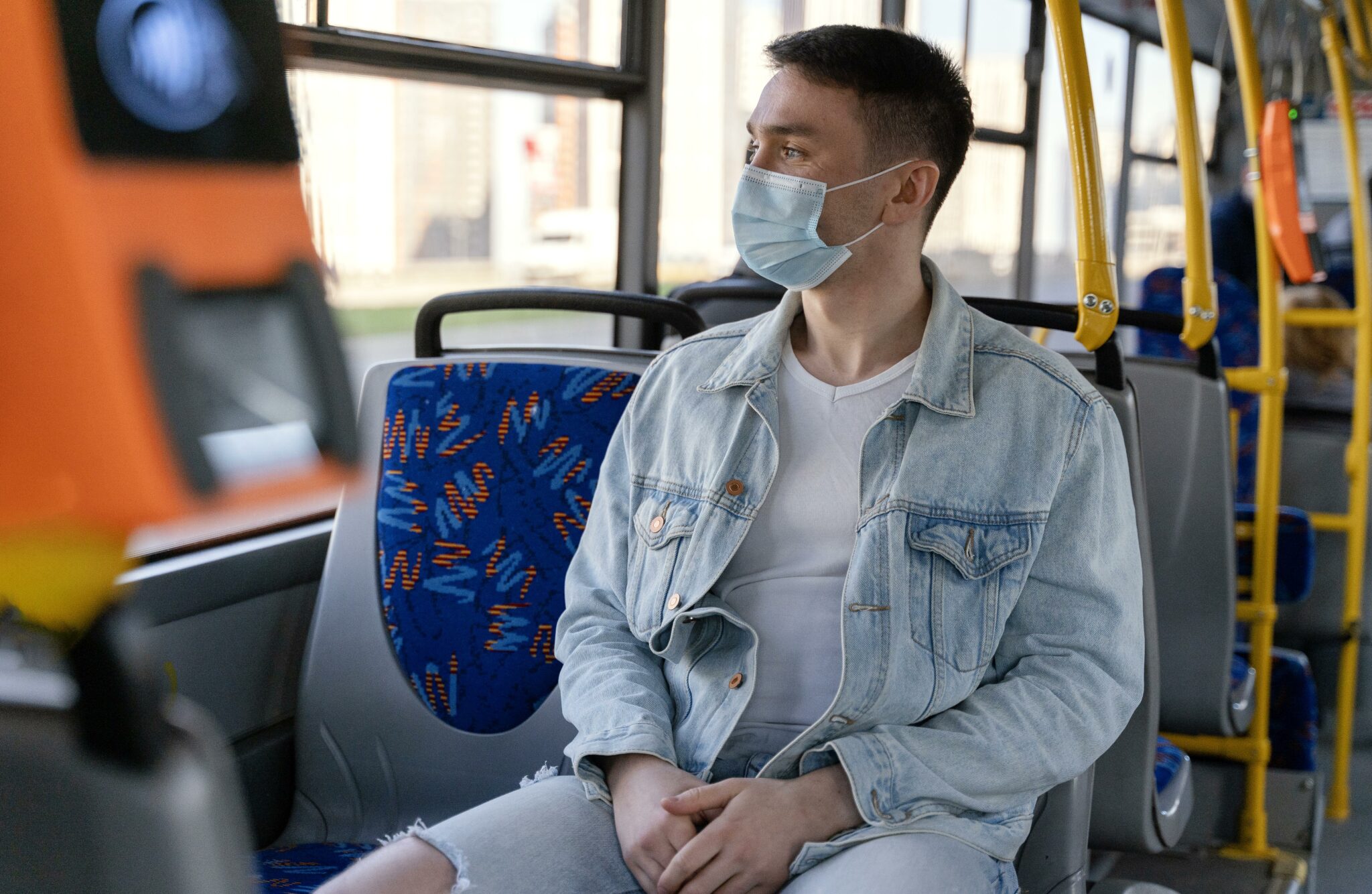Coming to the Czech Republic as a tourist? Or maybe as a new student? Due to the current coronavirus restrictions, which will probably stick around for a while, traveling abroad might be a bit more tricky than usual. However, you can still enjoy it as much as possible if you take care of some important matters first, such as filling out the Passenger Locator Form.

If you know that you will travel by plane, then here you can find some useful tips for travelers from and to Vaclav Havel Airport. You can travel to and from the Czech Republic using all means of transport – by plane, bus, car on a train. Catching a flight is definitely the fastest way and here are some tips on that.
If you’re traveling from the VÁCLAV HAVEL AIRPORT in Prague, then:
- get to the airport THREE HOURS before your scheduled departure
- make sure all your documents are ready, including your passport/ID, certificate of COVID-19 negativity (vaccination certificate, test, etc.) if necessary for your destination
- don’t forget to fill out the passenger locator form (also known as the arrival form) for your destination country
- make sure all of your documents are valid (including the locator form, which sometimes has limited validity)
- check with your airline to make sure you know what COVID-19 measures are required in their aircraft – keep in mind that currently there are stricter airport checks due to the Delta variant
Crossing the border on land:
- Fill out the Passenger Locator Form (in each case, even if you’re arriving from a low-risk country)
- have your documents on you at all times (passport/ID), we recommend having everything printed out as technology can sometimes fail and it’s better to be safe than sorry
- if you’re arriving from a low or medium-risk country then you need to have a negative antigen/PCR test that you can make before or up till 5 days after the arrival (doesn’t apply to fully vaccinated people or those that have had COVID-19 in the past 180 days)
- if you’re arriving from a high-risk or very high-risk country then you need to show a negative PCR test before arrival, then make a PCR test after arrival and go through self-isolation till the test result won’t be negative (doesn’t apply to fully vaccinate people or those that had COVID-19 in the past 180 days)
- if you’re arriving from a country with an extreme risk then the entry is allowed only for citizens and residents of Czechia, accredited members of diplomatic missions and if the entry is in the interest of Czechia, in this case, you must have a negative PCR test before arrival, then make two PCR tests after arrival – first within 24 hours and second on the 10th day at the earliest, plus go through self-isolation (doesn’t apply to fully vaccinate people or those that had covid in the past 180 days)
Tip: To stay updated on which countries are in what zone – follow our Twitter where you can find all the updates, including traffic lightmaps.
Traveling by bus from low/medium-risk countries
Although I currently live in the Czech Republic, I recently needed to visit my family in Poland. I traveled back to Prague by bus. Getting the bus in my case was the cheapest and fastest option, although I was a bit afraid at first with all the restrictions and border-crossing matters. However, as Poland is marked a low-risk country, it allowed me to cross the border without taking the antigen test before the trip – I just took one the next day I arrived (I’m not fully vaccinated – if you are then you don’t need to take any tests, a vaccination certificate is enough. However, remember you only have up to 5 days after arrival to do the test in case you are not vaccinated).
I also had to fill in the Passenger Locator Form which they don’t really check that much but it is important that you do it, especially if you want to short-term (they ask about it at the police station, so they know when you crossed the border).

Of course, you also need to have your documents with you – ID or passport – as is usual when you cross any country’s border. In general, I can say everything went super smoothly and I didn’t feel like the coronavirus has somehow affected my trip. Therefore, if you’re wondering whether the bus is a comfortable option due to restrictions then I can definitely assure you that in my case it was.
Wondering about your options to travel to and from the Czech Republic and how the public transport works here? Check out this recent write-up!
Article source: The Ministry of the Interior of the Czech Republic
Photo source: @benzoix, Freepik.com, @freepik, Freepik.com
